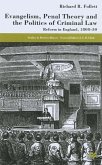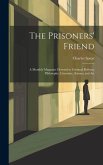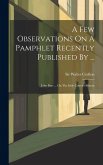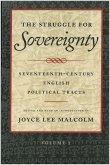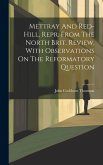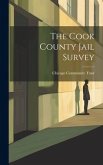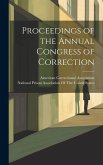The cult of the political prisoner has loomed large in the Irish republican tradition - from Wolfe Tone up to the present day - but it is not entirely an unproblematic myth. The struggles for political prisoner status in the second half of the twentieth century (the dirty protests and the H-block campaigns) were widely regarded as a key factor in the politicization of Sinn Fein; as the prisoners themselves became politicized, this had complex and sometimes contradictory ramifications for other prisoners and for the communities outside, and were brought into sharp focus by the extraordinary Good Friday provisions for early release.What part did the prisoners themselves play in that unanticipated outcome? Does any reasonable prospect of peace now hinge on the support of individuals who until now were regarded by the Irish as heroes and by the British as common criminals and terrorists? How far is the rehabilitation of former prisoners a key factor in the stengthening of civil society - and how central are these former prisoners to the success or failure of the peace process as a whole?Terry Robson, himself a former political prisoner, frames his researches into the present-day community of political prisoners in the wider context of the struggle for political settlement and an enduring peace in Ireland.
Hinweis: Dieser Artikel kann nur an eine deutsche Lieferadresse ausgeliefert werden.
Hinweis: Dieser Artikel kann nur an eine deutsche Lieferadresse ausgeliefert werden.


